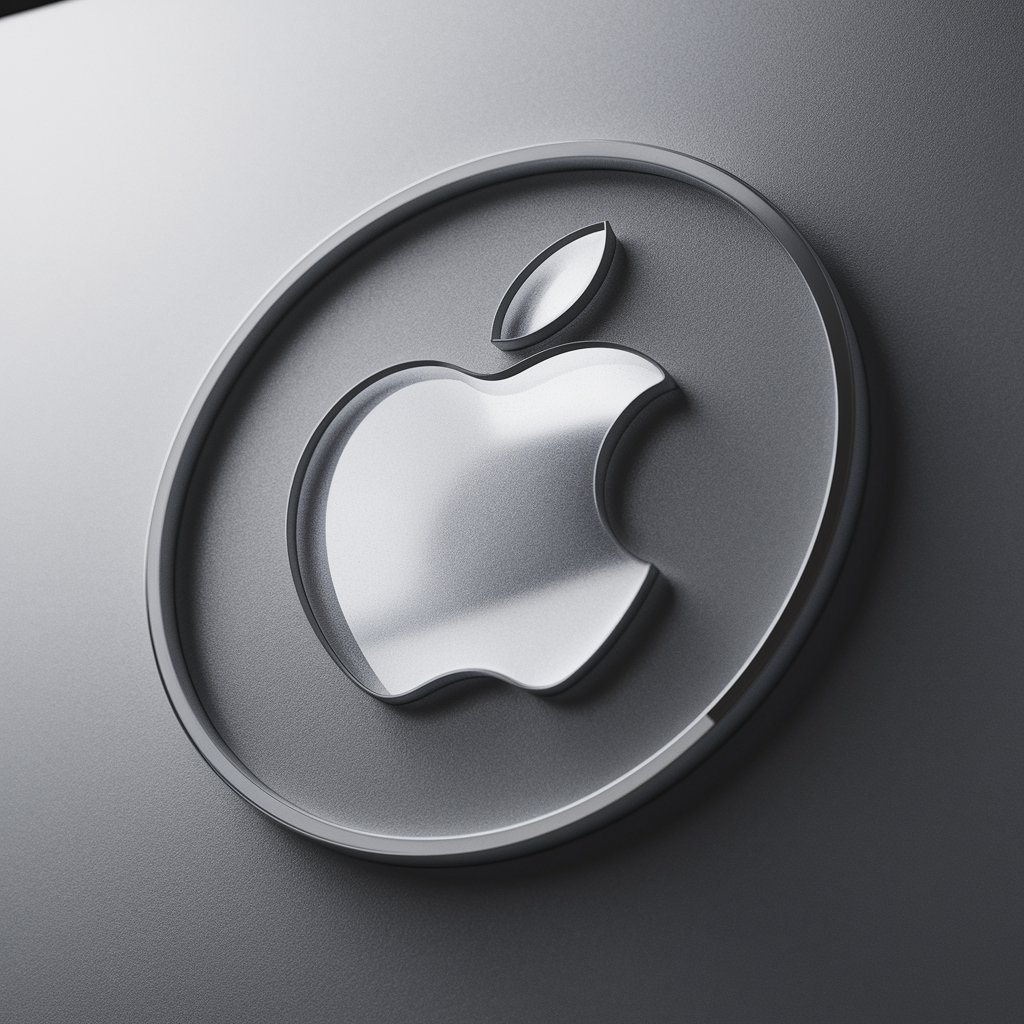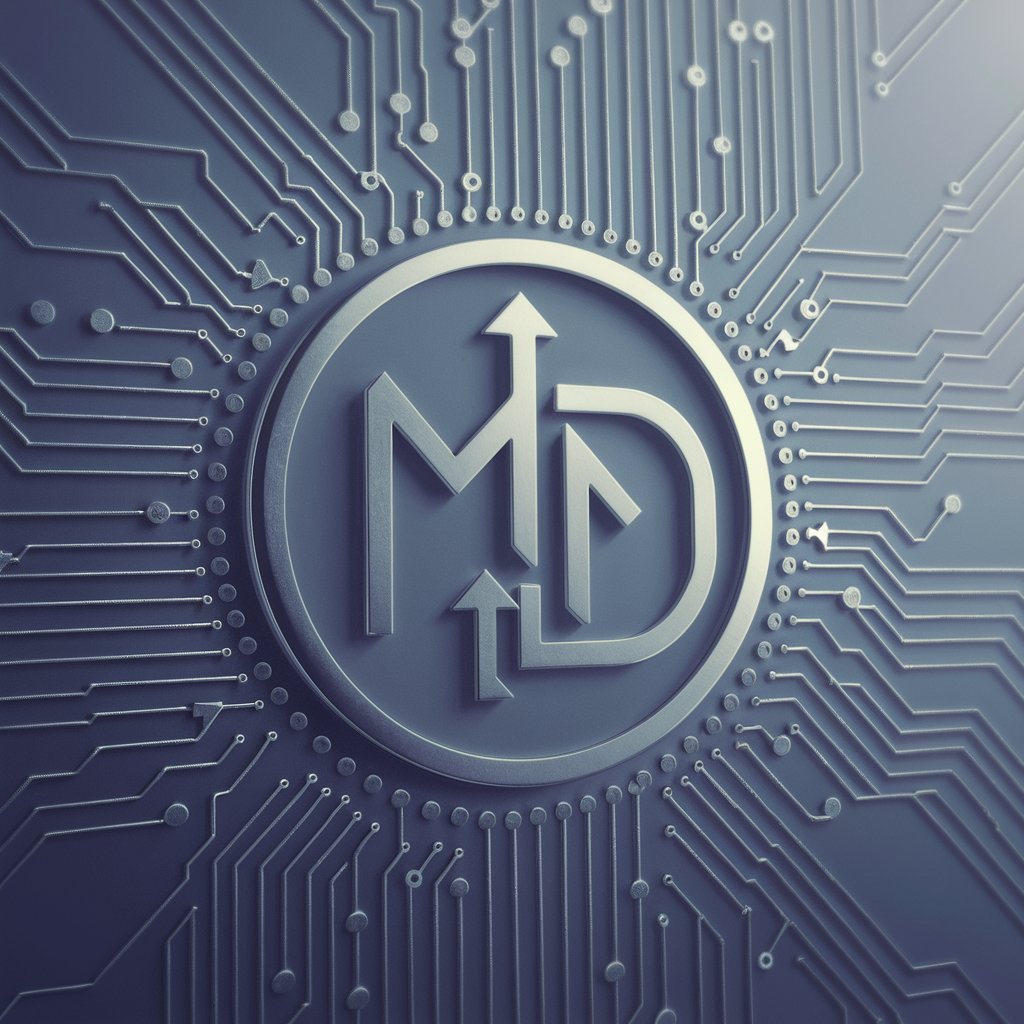Bitcoin - decentralized digital currency

Welcome to your Bitcoin learning journey!
Empower your finances with AI-driven Bitcoin guidance
Explain the significance of blockchain technology in the context of Bitcoin.
How do Bitcoin transactions ensure security and prevent double-spending?
Describe the process of Bitcoin mining and its role in the network.
Compare and contrast Bitcoin with traditional fiat currencies.
Get Embed Code
Introduction to Bitcoin
Bitcoin, created by an entity known as Satoshi Nakamoto in 2009, is the first decentralized digital currency. Its foundation is blockchain technology, a distributed ledger that records all transactions across a network of computers. This ensures security and transparency, as the ledger is immutable and publicly accessible. Bitcoin was designed to facilitate peer-to-peer transactions without the need for intermediaries like banks, thereby reducing transaction fees and times. An illustrative scenario is sending money overseas. Traditionally, this involves banks or money transfer services, incurring fees and delays. With Bitcoin, one can directly send digital currency to another person's Bitcoin wallet almost instantly, regardless of geographic locations, with minimal fees. Powered by ChatGPT-4o。

Main Functions of Bitcoin
Peer-to-Peer Transactions
Example
Alice in the US wants to send money to Bob in Japan. Using Bitcoin, she can directly transfer the amount from her wallet to Bob's without intermediaries, avoiding bank fees and currency conversion charges.
Scenario
This is particularly beneficial for international remittances, where traditional methods involve high costs and processing times.
Store of Value
Example
Investors purchase Bitcoin as a digital asset, hoping its value increases over time, similar to gold or stocks. They store Bitcoin in digital wallets, potentially earning returns as the market value rises.
Scenario
In countries with high inflation or unstable currencies, people might convert their savings into Bitcoin to preserve their purchasing power.
Digital Cash System
Example
A cafe decides to accept Bitcoin payments. Customers can scan the cafe's Bitcoin QR code at checkout to pay for their coffee directly from their Bitcoin wallets.
Scenario
This allows businesses to reduce transaction fees associated with credit card payments and tap into a global customer base.
Ideal Users of Bitcoin Services
Cryptocurrency Enthusiasts
Individuals interested in digital currencies, blockchain technology, and investment opportunities. They value the decentralized, secure nature of Bitcoin and are often early adopters of new financial technologies.
People in Economically Volatile Regions
Residents of countries with high inflation rates, capital controls, or unstable governments may turn to Bitcoin as a more stable store of value or means of transaction, bypassing local currency and banking limitations.
Online Merchants and Freelancers
Businesses and independent contractors who provide services globally benefit from Bitcoin by avoiding high fees and delays associated with international money transfers, thereby receiving payments more efficiently.

Using Bitcoin: A Step-by-Step Guide
1
Begin a no-cost trial at yeschat.ai, accessible immediately without the necessity for login or a ChatGPT Plus subscription.
2
Set up a Bitcoin wallet by selecting a reputable service like Coinbase, Blockchain.com, or Trezor for secure storage of your Bitcoins.
3
Purchase Bitcoin through a trusted exchange platform using traditional currency. Verify your identity and link a payment method such as a bank account or credit card.
4
Receive or send Bitcoin using your wallet. You'll need the recipient's Bitcoin address to send funds, or share your address to receive payments.
5
Keep abreast of Bitcoin's market trends. Utilize financial news sources, market analysis tools, and cryptocurrency forums to make informed decisions on buying or selling Bitcoin.
Try other advanced and practical GPTs
Recipe Revealer
Uncover the secrets behind every dish with AI.

昭和なぎさAI bot
Empowering conversations with AI craftsmanship

Python Pathfinder
Master Python with AI-Powered Guidance

startup oppa
Empowering Startups with AI-Driven Insights

Ai Prompt Engineer
Refine prompts, enhance outcomes with AI

Steve Jobs GPT
Harnessing AI to Channel Steve Jobs' Vision

PavedMind: Clarity Coach
Empowering Self-Discovery Through AI

Biology Mentor
Master Biology with AI-Powered Guidance

Mentor Draft
Drafting the Future of Finance and Startups

画像タグの犬
Transform images into insightful tags with AI

PythonAssis
Empowering Code Excellence with AI

Legal Eagle
Deciphering Terms with AI Power

Bitcoin: Detailed Q&A
What is Bitcoin and how does it work?
Bitcoin is a decentralized digital currency that operates without a central authority or banks. It's based on blockchain technology, a distributed ledger enforced by a network of computers (nodes). Transactions are verified by network nodes through cryptography and recorded in a public ledger.
How do I secure my Bitcoin wallet?
Secure your Bitcoin wallet by choosing a strong, unique password, enabling two-factor authentication, keeping your private keys confidential, and using hardware wallets for large amounts of Bitcoin. Regularly backup your wallet to protect against computer failures and human error.
Can Bitcoin transactions be reversed?
No, Bitcoin transactions cannot be reversed. Once a transaction is confirmed by the network and added to the blockchain, it is permanent. This immutability is a fundamental feature of blockchain technology, emphasizing the importance of transaction accuracy.
What affects Bitcoin's price?
Bitcoin's price is influenced by various factors, including supply and demand, market sentiment, media coverage, technological developments, and broader economic indicators. Regulatory news and security breaches can also significantly impact its value.
How can Bitcoin be used for payments?
Bitcoin can be used for online and in-store payments where accepted. To make a payment, you need the recipient's Bitcoin address. Transactions are fast and can be cheaper than traditional bank transfers, especially for international payments.
